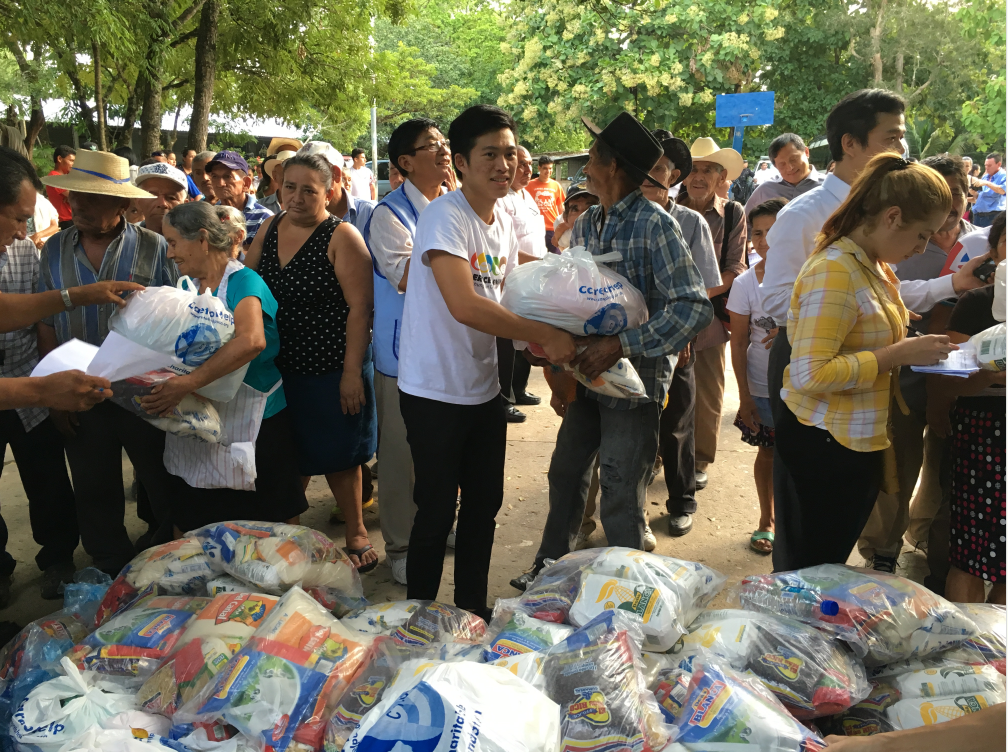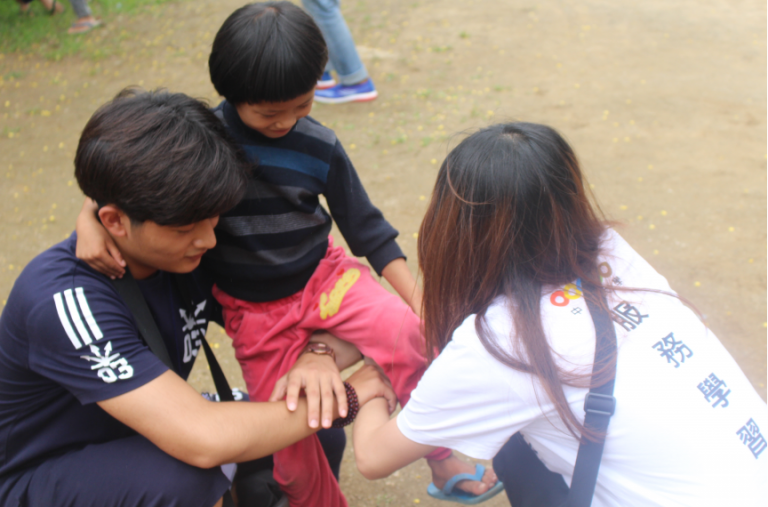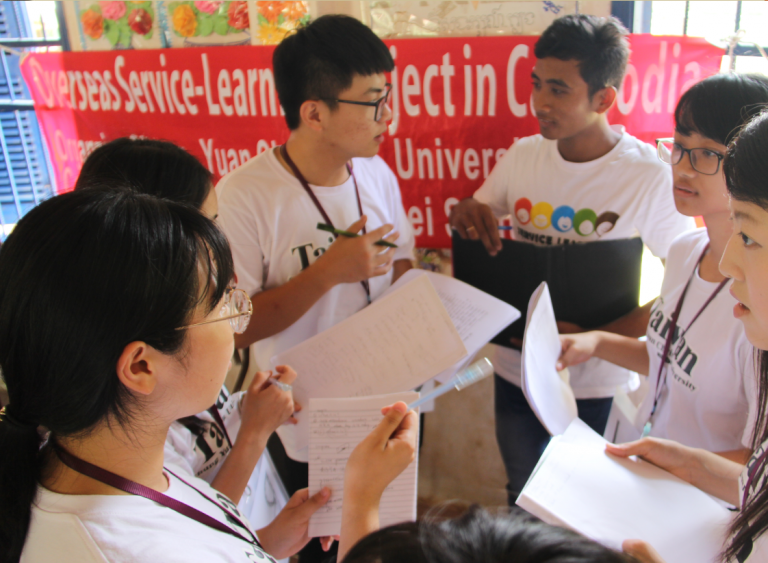首頁 » Team » Overseas Project » Sa Er Ban – Communication of Love in Salvador
Summarization of CYCU Service-Learning Team in the school year of 2016 – for groups | |||
Team Name | Sa Er Ban – Communication of Love in Salvador | ||
Service Recipient | ISNA | Service Hours | A total of 222 hours |
Term of Service | August 3, 2016~September 4, 2016 | Number of service recipients | About 730 persons |
Motive of Service | “Care to Help Foundation worked with talents from their organization to strengthen the professional skills of children in Salvador.” CEO Yen-Tien Weng, an alumni of CYCU Department of Applied Mathematics, founded the “Care to Help Foundation” in North America dedicated to donating IT equipment in Salvador permanently. It prepared to donate computers to the CIPI locally. However, as it had trouble in finding teachers specialized in IT locally, it worked with alma mater under the “Salvador IT Volunteer” plan to help service recipients enhance their professional skills.
“Given the significant gap between rich and poor in the society of Salvador, it is not easy to access resources.” In consideration of the M-shaped society in Salvador, the resources allocated to rural areas were limited very much. Meanwhile, the “Care to Help Foundation” has also donated daily supplies and foods to Salvador permanently, and planned to work with CYCU volunteers to have more towns and cities share the supplies and foods.
“Cultural exchange and solidity of diplomacy” According to the survey made by the senior last year, all of the university students in Salvador had a sound feeling for their home country and wished to contribute to their home country. Among the other things, the education issue should be taken as the first priority, which may be solved by university students. Therefore, this year, we took the chance to exchange cultures and share the local customs in various universities locally. Meanwhile, we also exchanged our experience in IT education volunteer service in Salvador with the local NGO and student clubs in order to return the right to develop to the locals. | ||
Summary of Service | IT education, cultural exchange, care for rural areas | ||
Mode of Service | IT education “for professional skills in PC and upgrading of children’s capacity”: Given the poor economy in Salvador, children received very limited educational resources. These children were never taught about the correct value through education and, therefore, could be recruited by mob gangs, and interrupted with the order of society. We helped children upgrade their professional skills through the “IT education courses”, so that they could seek job based on such skills. Cultural exchange “interactive experiential cultural exchange and soundness of friendship between diplomatic allies”: By the cultural exchange, we shared the experience in volunteer service with World Vision International (Salvador Branch), local young volunteer leader groups, and volunteer clubs of local universities. Meanwhile, we valued the plentiful and interesting cultural presence and real-time interactive experiential games, such as night market circle throwing, ancient child toys and lucky draws, and production of lucky skylights. Care for rural areas “raising supplies and extending the charity to mitigate the difficulty in limited resources”: We worked with the “Care to Help Foundation” to share the supplies and resources to rural areas. Given the uneven development and significant gap between rich and poor in cities/township in Salvador, most of the young population emigrated to other countries or urban cities. As a result, only women, children and aged people short of labor force stayed in villages. | ||
Effect of Service | 1. Enhancement in the ability to apply computer software. 2. Enhancement in the ability to implement (personal resume). 3. Enhancement in the self-expression ability. 4. Enhancement in the self-confidence. 5. Upgrading of the proficiency in basic operation of computer (double click and typing fluency). 6. Upgrading of the motive to learn computer skills. 7. Public welfare diplomacy to strengthen the friendship between diplomatic allies. | ||




